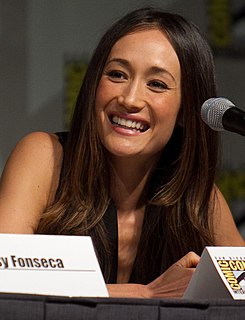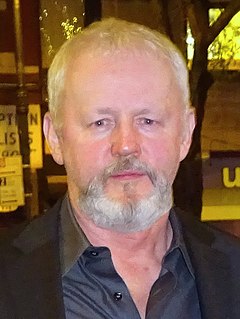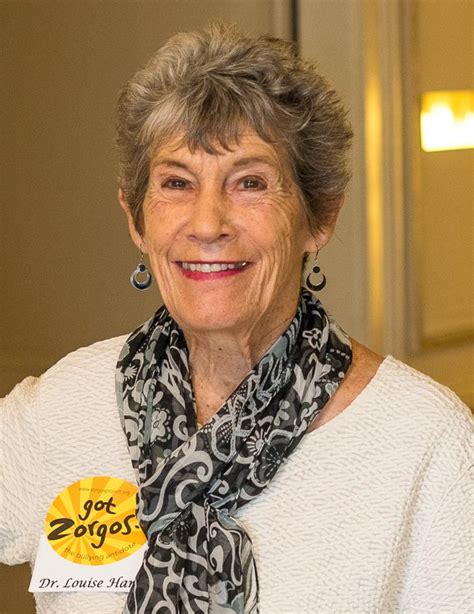A Quote by Patti Smith
We never had any children," he said ruefully. "Our work was our children.
Related Quotes
I gave up planning when our children were born, when I had three children to feed and a roof to keep over our head and all of that. Early in my career, I said I would never do television at all; then I wound up doing nothing but television for 10 years when I did 'St. Elsewhere' and all those TV movies.
You and I have a rendezvous with destiny. We will preserve for our children this, the last best hope of man on earth, or we will sentence them to take the first step into a thousand years of darkness. If we fail, at least let our children and our children’s children say of us we justified our brief moment here. We did all that could be done.
Freedom is always just one generation away from extinction. We don't pass it to our children in the bloodstream. We have to fight for it and protect it and then hand it to them, so that they shall do the same, or we're going to find ourselves spending our sunset years telling our children and our children's children, about a time in America, back in the day, when men and women were free.
One of the most significant effects of age-segregation in our society has been the isolation of children from the world of work. Whereas in the past children not only saw what their parents did for a living but even shared substantially in the task, many children nowadays have only a vague notion of the nature of the parent's job, and have had little or no opportunity to observe the parent, or for that matter any other adult, when he is fully engaged in his work.
Much of the pressure contemporary parents feel with respect to dressing children in designer clothes, teaching young children academics, and giving them instruction in sports derives directly from our need to use our children to impress others with our economic surplus. We find "good" rather than real reasons for letting our children go along with the crowd.
We are children, perhaps, at the very moment when we know that it is as children that God loves us - not because we have deserved his love and not in spite of our undeserving; not because we try and not because we recognize the futility of our trying; but simply because he has chosen to love us. We are children because he is our father; and all of our efforts, fruitful and fruitless, to do good, to speak truth, to understand, are the efforts of children who, for all their precocity, are children still in that before we loved him, he loved us, as children, through Jesus Christ our lord.
Before I had my first child, I never really looked forward in anticipation to the future. As I watched my son grow and learn, I began to imagine the world this generation of children would live in. I thought of the children they would have, and of their children. I felt connected to life both before my time and beyond it. Children are our link to future generations that we will never see.
I think that's why they're so really - here's the disconnect. It's sort of this odd and I've always had this problem with the rationality of it. That the President [George W.Bush] says, "We are in the fight for a way of life. This is the greatest battle of our generation, and of the generations to come. "And, so what I'm going to do is you know, Iraq has to be won, or our way of life ends, and our children and our children's children all suffer. So, what I'm gonna do is send 10,000 more troops to Baghdad."

































